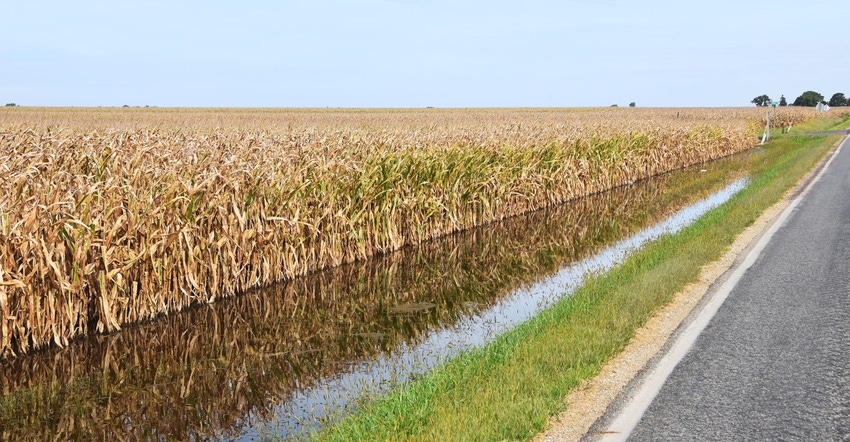
Vermont farmers who were affected by last weekend’s fast-moving storm can get emergency funding through the nonprofit Vermont Farm Fund.
Started in response to the devastation of Tropical Storm Irene, the maximum emergency loan amount is $10,000. It is a 0% interest loan payable over 24 months with a flexible payment schedule.
Qualified applicants must be Vermont farmers or food producers who have suffered a devastating loss due to an unexpected natural disaster that puts their farm or farming career in danger.
Applications are reviewed and responded to within 10 business days, and most loan funds are granted within two weeks.
Applicable farmers can go online to apply now.
Hit-or-miss storm
The storm, which brought torrential downpours and strong winds, caused major flooding in areas along the Missisquoi, Lamoille and Winooski rivers in Franklin County.
A lot of field crops are still standing, according to Ag Secretary Anson Tebbetts, meaning many farmers will likely lose those crops and will have to apply for a crop insurance claim. The flooding also took out just-planted cover crops.
Many sugarmakers have reported downed trees; a barn was blown down in Essex County; and Maple Wind Farm in Richmond lost 2,000 pasture-fed chickens and turkeys to the storm. According to news reports, the torrential rains forced the Winooski River to flood, drowning the animals on the farm.
Reports state that the Burlington area got more than one month’s worth of precipitation in the storm.
Manure concerns
Tebbetts says that many manure storage tanks on farms are full of water and close to capacity.
This will be challenging for farmers to deal with, he says, because of the state’s impending winter manure ban on Dec. 15. Tebbetts says the ag agency can grant waivers to farmers who need extra time to spread manure due to an emergency, but they would have to contact the agency for the waiver unless an overall delay in the ban is announced.
Tebbetts says the state is also working on getting a federal emergency disaster declaration from the Federal Emergency Management Agency (FEMA), which could provide more emergency funding to property owners, including farmers.
Check out the Farm Progress flooding information page for additional flood recovery resources. Even though most of the information concerns flooding that occurred in the Midwest this past spring, there are some land management resources and tips that could be helpful.
Read more about:
FloodingAbout the Author(s)
You May Also Like






